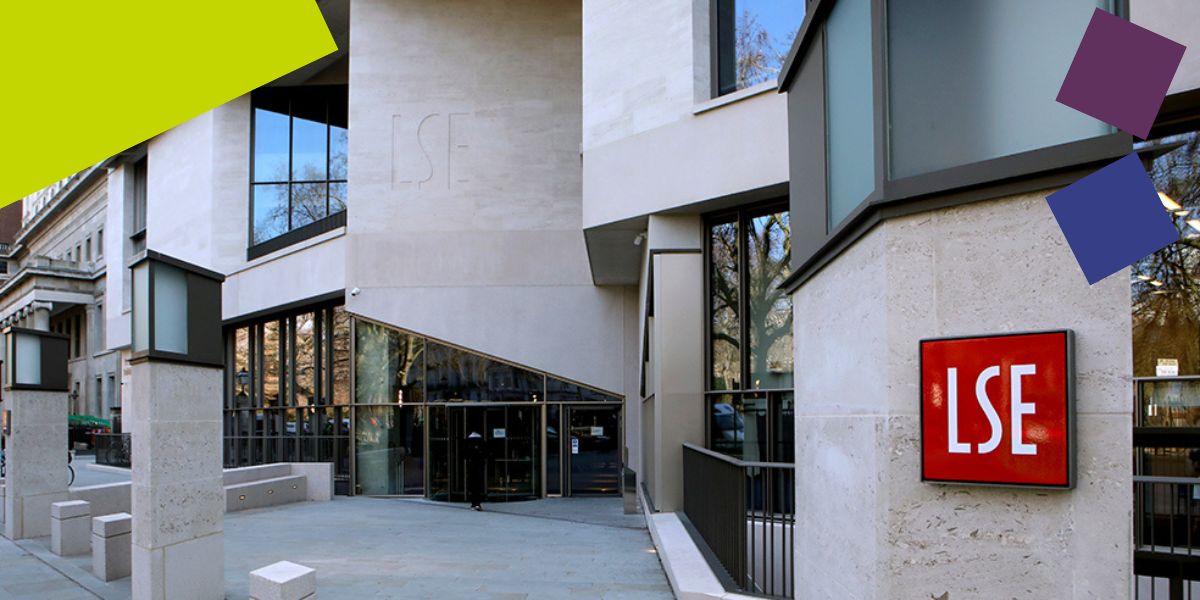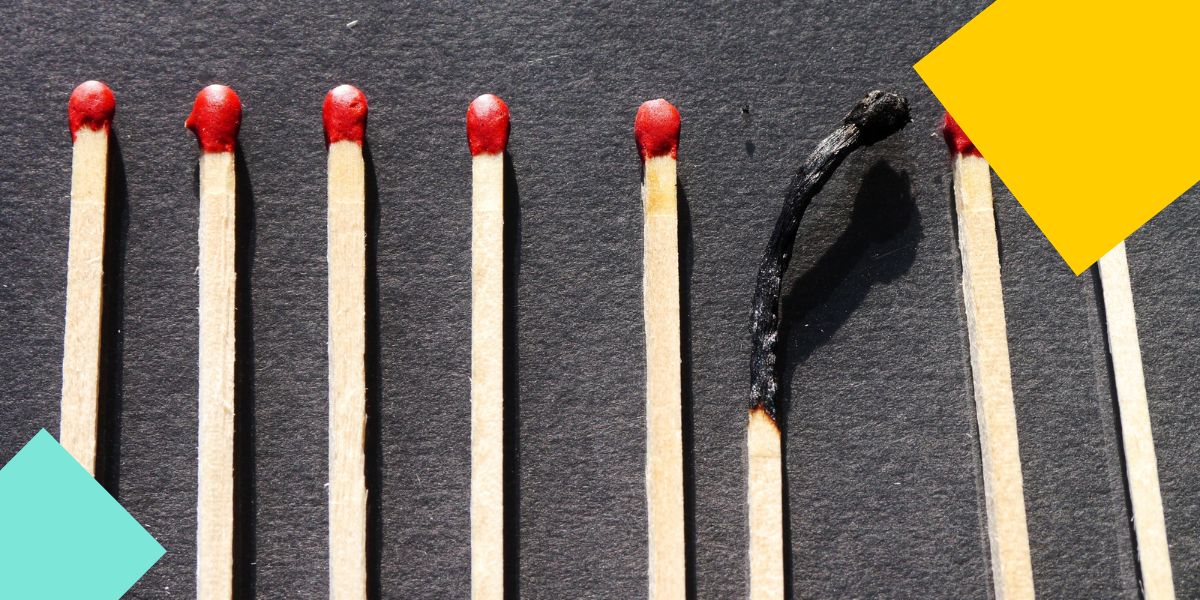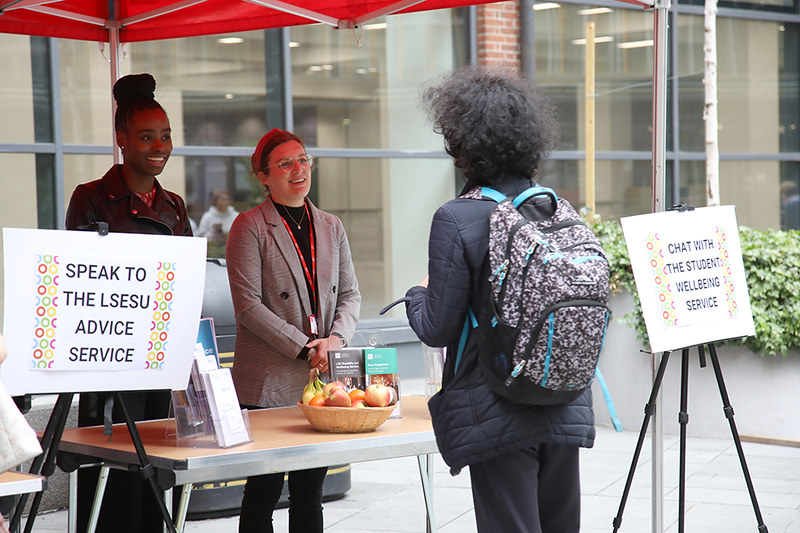The research proposal is one of the most important aspects of your application to study at LSE. It’s an opportunity to introduce yourself as a scholar: what types of research questions are the most interesting to you? What type of contribution can you make to your field of study? But just because it’s important, that doesn’t mean it needs to be a stressful process. Here are my top tips for crafting your PhD research proposal!
What is required?
It might seem basic, but it is essential to understand what the requirements are for your research proposal before you start writing. The LSE website provides some guidelines, but it is also helpful to carefully check the website for your chosen department; they might provide some more discipline-specific guidelines and advice. Take note of specific formatting requirements (such as word count limits) so that you don’t get to the end of your proposal and realise that you’ve written something that is way too long or way too short.
Where to start?
It’s okay if you feel overwhelmed and are unsure of where to start. Perhaps start with a brainstorm: write down all the different ideas that you have and start looking to see connections and common themes between your ideas. This can help clarify where your interests lie. It can also be helpful to refresh your knowledge of recent existing literature in your field. Remember to keep the scope of a PhD in mind when you are outlining your proposal – there is a time limit to the PhD and you want to be realistic that what you are proposing is something that can be accomplished in your time at LSE.
Who to ask for help?
I found, personally, that the best people who provided help with my research proposal were professors at the university where I completed my master’s degree. These were professors who were also acting as my academic referees, so they were very familiar with the type of research I wanted to conduct and were familiar with my previous work. Whether you ask former professors, your potential future LSE supervisor, or your peers for help in reviewing your research proposal and offering feedback, make sure you send it to people early! Your proposal will benefit from having the time to make revisions, and you don’t want to feel forced to rush the writing or editing process.
Clarity
Don’t bury your ideas in the proposal and make the reader search for them! Be clear about what your proposed research is about, why it is important, and how your work will contribute to the existing field of scholarship. You will want to try to make a strong case not only for why the topic is important but also why you are qualified to conduct this research. Demonstrate your knowledge of the field and any specific skills you might have. For history, for example, it would be important to highlight your language skills if you are proposing a topic that deals with documents in other languages.
Write and re-write
At the end of the day, the best way to get started on your research proposal is to start writing early, give yourself plenty of time to seek feedback, and ideally be able to do multiple revisions of your proposal before the deadline. Don’t panic if your first full draft doesn’t seem polished and refined enough; it will get sharper and better with each round of edits and revisions that you make.
Key takeaway
One of the hardest things with writing is to simply start. Looking at a blank page can feel overwhelming and even intimidating. The requirements for a research proposal (original research, clear and concise writing, showcasing your knowledge of your field) can seem daunting. But if you give yourself enough time to write multiple drafts and fully flesh out your ideas, you will likely surprise yourself with the quality of your final proposal when you submit it as part of your application.





